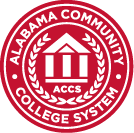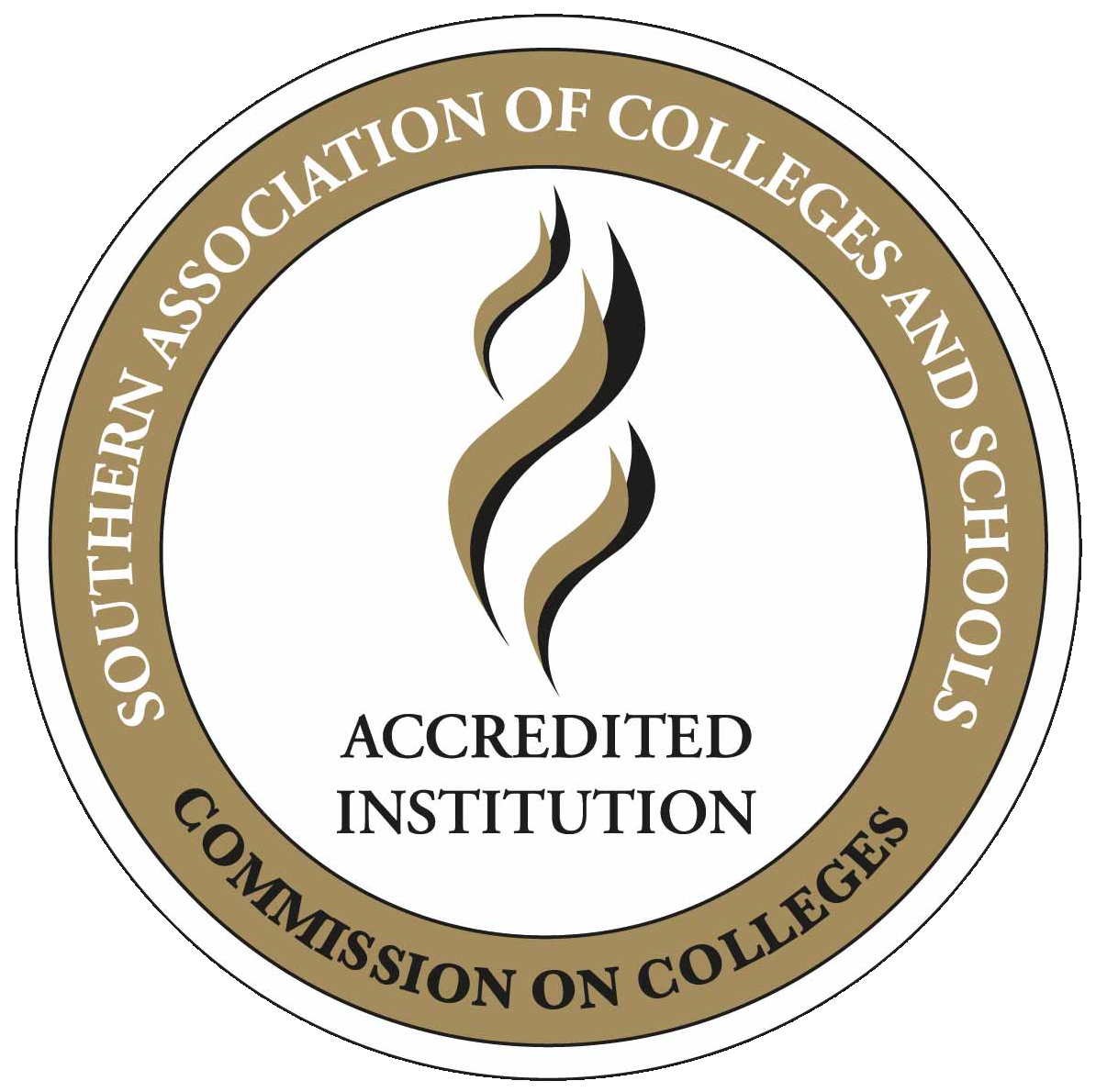Post secondary institutions must take steps to ensure that students with disabilities are not excluded from programs because of the absence of educational auxiliary aids. Section 504 of The Rehabilitation Act of 1973 states that “No otherwise qualified handicapped individual in the United States shall, solely, by reason of his/her handicap, be excluded from the participation in, be denied the benefits of, or be subjected to discrimination under any program or activity receiving federal financial assistance.”
Title II of The Americans with Disabilities Act of 1990 (ADA) extend federal civil rights protection. It prohibits public entities from excluding people from jobs, services, activities or benefits based on disability. The more recent ADA Amendments Act of 2008 (ADAAA) broadened the definition of a person with a disability to include individuals who were unintentionally not covered by the ADA of 1990. Colleges are not required to alter essential academic requirements. Requirements, which can be demonstrated as essential to a course or program of study or to any directly related licensing requirement, are not regarded as discriminatory. Specifically, the law says that a college “shall make such modifications to its academic requirements as are necessary to ensure that such requirements do not discriminate or have the effect of discriminating, on the basis of handicap, against a qualified handicapped applicant or student…Modifications may include changes in the length of time permitted for the completion of degree requirements, substitution of specific courses required for the completion of degree requirements, and adaptation of the manner in which specific courses are conducted.” 34 CFR Section 1-04.44 (a).
Expect the student with a disability to meet the same standards of academic performance as all students. They are here because of their abilities, not their disabilities.



